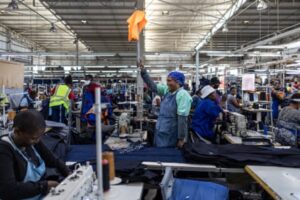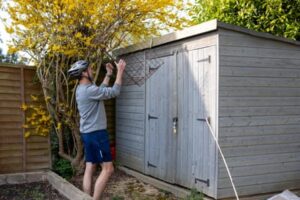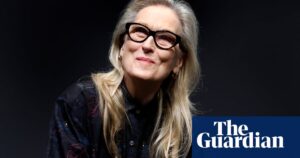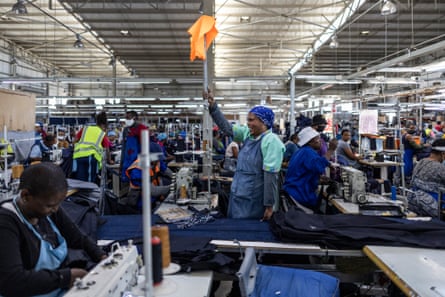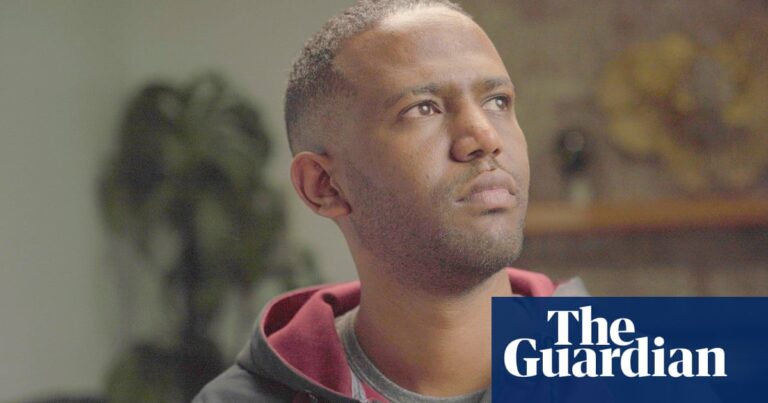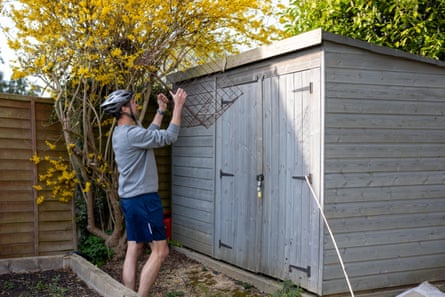According to an investigation by two NGOs, male employees at a prominent Kenyan project for carbon-offsetting, which is utilized by major companies like Netflix and Shell, have been accused of widespread sexual abuse and harassment for over ten years.
The conservation project in southern Kenya, managed by Wildlife Works from California, aims to preserve dryland forests that are in danger of destruction. This project generates carbon credits and helps protect important elephant, lion, and wildlife habitats located west of Mombasa. It was the initial forest protection plan to be approved by Verra, the top certifier for carbon offsets globally. Additionally, it has been recognized for its positive impact on biodiversity and local communities, potentially earning millions of dollars through the sale of carbon credits.
A recent study conducted by the Kenya Human Rights Commission (KHRC) and the Centre for Research on Multinational Corporations (Somo), a Dutch non-governmental organization, claims that senior male workers at Wildlife Works have engaged in widespread sexual abuse, harassment, and exploitation over a period of 12 years (2011-2023). This is based on the accounts of 31 present and past male and female employees, as well as members of the nearby community.
On Friday, Wildlife Works’ president, Mike Korchinsky, released a statement that was later updated on Sunday. Korchinsky stated that after being informed of allegations in August, the company took action by suspending three employees. An investigation carried out by a Kenyan law firm uncovered evidence that two individuals had engaged in behavior that was deemed to be inappropriate and damaging.
Korchinsky expressed regret for the harm that had been done, but refuted the idea that it was a widespread issue. He stated that the confirmed instances of sexual harassment were committed by a single person. He also mentioned that not all of the accusations were proven to be true.
Wildlife Works stated that they are currently in the last phase of the disciplinary procedure and will provide further information once it is completed. Verra announced on Friday that they have initiated an inquiry into the project.
The report contains accounts of a physical attack and attempted rape at the company’s location, gathered through interviews conducted by trained NGO employees who specialize in addressing gender-based violence.
According to the report, higher-ranking male employees abused their authority by requesting sexual favors in exchange for job advancements and preferential treatment. Additionally, a senior staff member targeted the wives of male rangers and implied that their spouses’ employment was contingent upon engaging in sexual activity with him.
In a letter dated August, sent by Somo and the KHRC to Wildlife Works and obtained by the Guardian, the organizations accused several staff members of committing widespread sexual abuse at the project. While only one alleged perpetrator was named, the organizations claimed that the problem was extensive.
The Kasigau Corridor conservation project is advertised as a way to empower women in the area, a statement supported by some companies that have purchased credits, including Netflix. In a promotional video for the project, Netflix states that “empowering women is a crucial aspect of this project.” According to data from AlliedOffsets, Shell has purchased approximately 2 million credits from the project, while Netflix has purchased 250,000. Additionally, several other major companies have utilized credits from the project to fulfill their climate and biodiversity goals. A request for comment from Netflix was not answered.
Audrey Gaughran, the executive director of Somo, stated that in conversations with impacted women, it was apparent that the accusations were widely known among staff. She reported receiving testimonies from both current and former employees of Wildlife Works detailing instances of sexual harassment, assault, and verbal abuse directed towards women.

The individuals responsible were able to act without consequence due to their status as senior males, and it seemed like no one could confront them. One specific perpetrator, who was mentioned the most, would approach the wives of rangers once they were stationed on the property. The implication was, “Your husband has this job because of me. Do you want him to keep it?” This was a sensitive topic for some of the male victims to discuss, according to the speaker.
The accusations arise amidst widespread worries regarding the ecological authenticity of numerous forest preservation compensations. In 2021, a collaborative investigation by The Guardian revealed that a significant amount of credits were deemed to be of little value and uncovered proof of coerced removals at a prominent project in Peru. Verra challenged these discoveries.
Verra is expected to release its new rules for generating carbon credits ahead of the Cop28 climate change conference in Dubai, which begins later this month.
-
Find more age of extinction coverage here, and follow biodiversity reporters Phoebe Weston and Patrick Greenfield on X (formerly known as Twitter) for all the latest news and features
Source: theguardian.com

